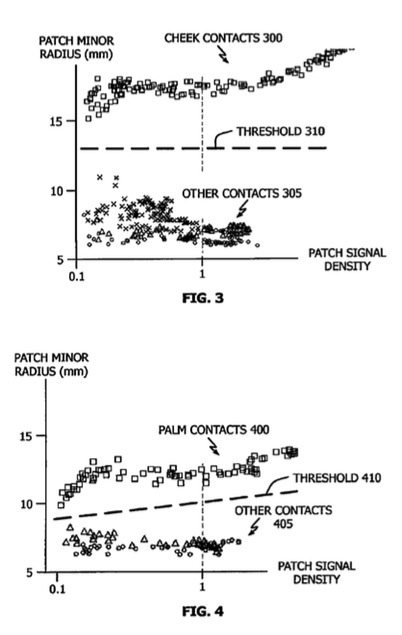By Greg Millls
Microsoft, stung by critics and stockholders alike, for missing the mobile revolution, is still playing catch-up on smart phones and now tablet computers. Apple is merging the iOS with OS X in many respects and Microsoft has taken a cue from Apple to do something similar with it’s flagship PC operating system and at least the look and feel of the new Windows Mobile OS, according to reports.
What really caught Microsoft off guard when Apple blind sided them with the mobile reveloution called iPad was a sense of history. They had tried to port Windows XP to a tablet device and the entire project was scrapped since the “tablets” of the day were more like slabs, half the size of a door and WIndows for the PC really didn’t scale worth a hoot. Bill Gates wisely decided to pull the plug on the entire concept.
That was then, this is now. Capacitive touch screens are so much better, smaller and cheaper than they were ten years ago; there is no comparison. Apple also showed the way in that a slim new operating system to run mobile tablets was also key. Running a full blown Mac OS X on a tablet would be almost as hard as running Windows for the PC. The computer OS needed to run a full blown PC with all the bells and whistles, is overkill for a mobile OS. While the two platforms are converging, the rewritten tablet iOS is much sleeker and thus requires a lot less memory. At least in the case of Apple, which has the power of controlling both the tablet hardware and the OS, the minimum functions are built in, without the backwards compatibility required for a desktop computer.
Two and a half years late, will a meaningful Microsoft tablet OS find a market? Apple has already made it to market and sold millions of tablets that are the defacto standard every other tablet is measured by. The Android tablet OS is also out there and will have an established base by the time Redmond gets their “me, too” act together. Rumors are that the WIndows 8 operating system has underpinnings that will allow Microsoft to port some flavor of Windows for the PC merged with bits of the mobile OS scaled up to run tablets. (See http://www.reuters.com/article/2011/09/08/us-microsoft-tablets-idUSTRE78708X20110908 .)
How much of the “news” that is being leaked ahead of the actual release of Windows 8 for the PC is wishful thinking and how much is true is hard to judge accurately. Microsoft is famous for publically floating wonderful sounding features that aren’t even close to working. Back at the November 2010 Consumer Electronics show, Ballmer showed off an HP tablet that he claimed was running a touch screen version of Windows. Well, HP never launched the tablet, so what happened to the tablet version of Windows, Mr. Ballmer? A little smoke and mirrors trickery?
According to sources, touch screen tablets actually running Windows 8 are at least a year out. By then, the conventional PC market might be pretty dead, as the mobile computer market is expected to ramp up as sharply as conventional PCs, especially Windows PCs, ramp down. The Mac is surging in the desktop and laptop market while the PC competition is loosing steam. The mobile computer market is also gaining steam; make that the iPad and iPhone market. All the iPad killers are falling by the wayside. That is a trend that will be hard to change for the competition.
Andorid is hot now, but there are very dark clouds on the horizon in the form of Apple lawsuits and a serious and growing fragmentation of the Android platform. If Apple can force infringing Android handsets and software off the market and obsolete an entire generation of nearly new Android mobile devices, the end of the game is in sight Already, Apple has gotten the best selling Android handsets and tablets Samsung makes banned in major markets and the trend is likely to increase in further court jusrisdictions. A final ruling stopping the importation of Samsung Galaxy Tab 10.1 and the newer Samsung handsets will tear down the Android market advantage.
Buying into a declining platform isn’t smart and consumers know it. Apple technology is considered a safe bet for both users and developers. The Android app piracy rate is so high, developers are not making anywhere near the money on that platform as identical apps on the Apple mobile platform. That spells serious trouble for the Google platform.
Developers are wise to write apps for a platform that has a future. Will Windows 8 tablets run everything Windows 8 PCs will run? I doubt it. Who will write the apps for a third tablet platform that may not even run WIndows Moblle apps written for smartphones?
Another day, another platform for Apple to chew up….
That is Greg’s Bite for today.



